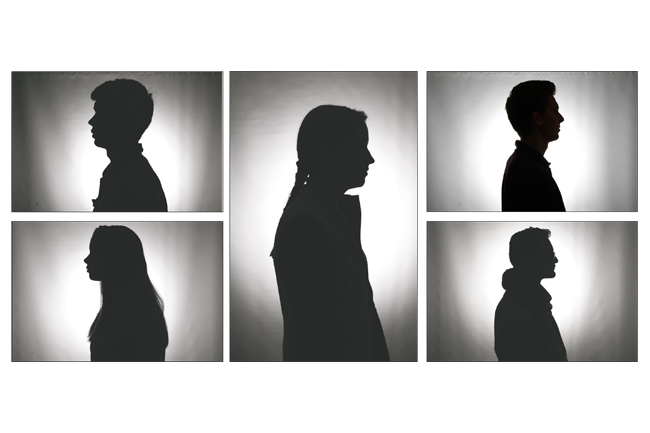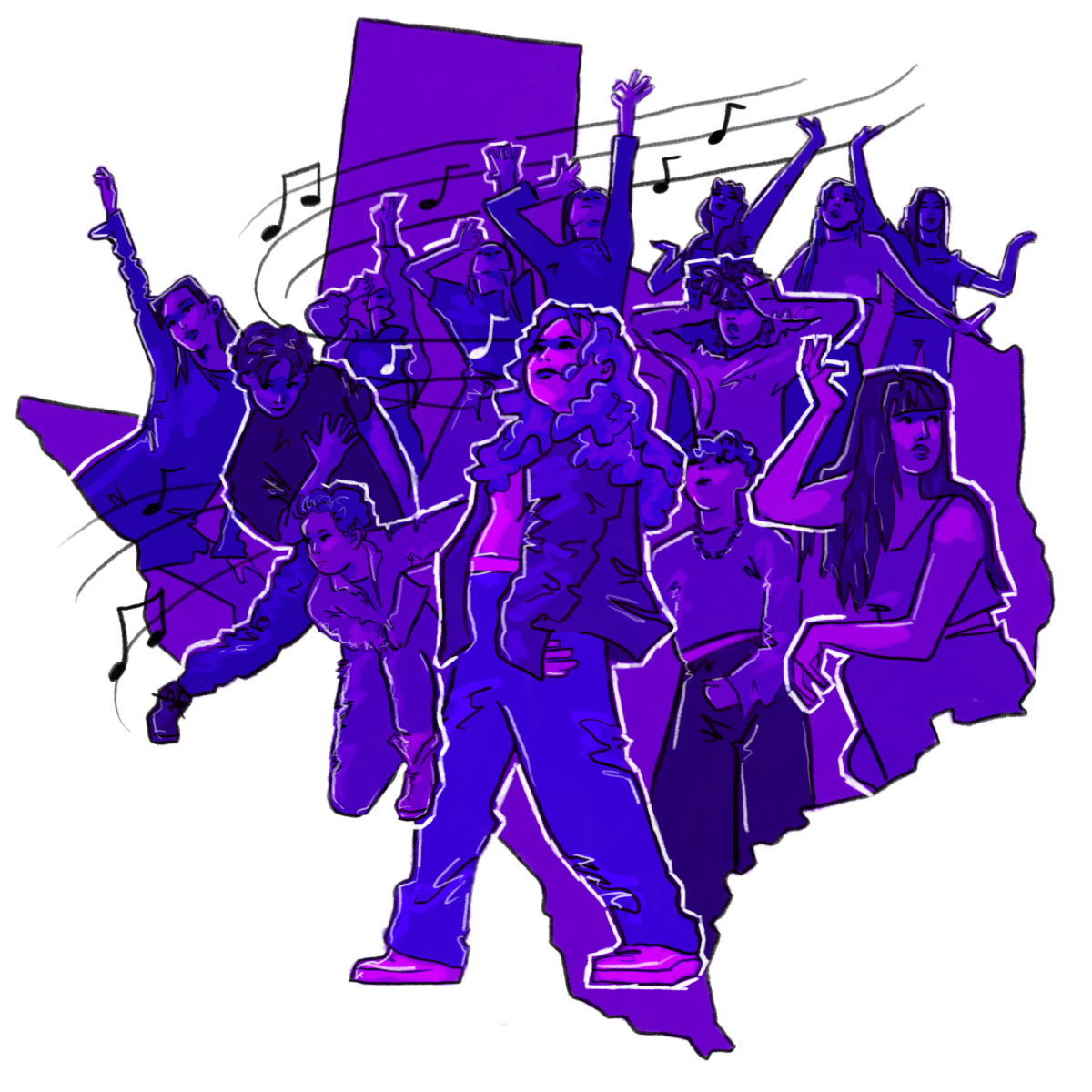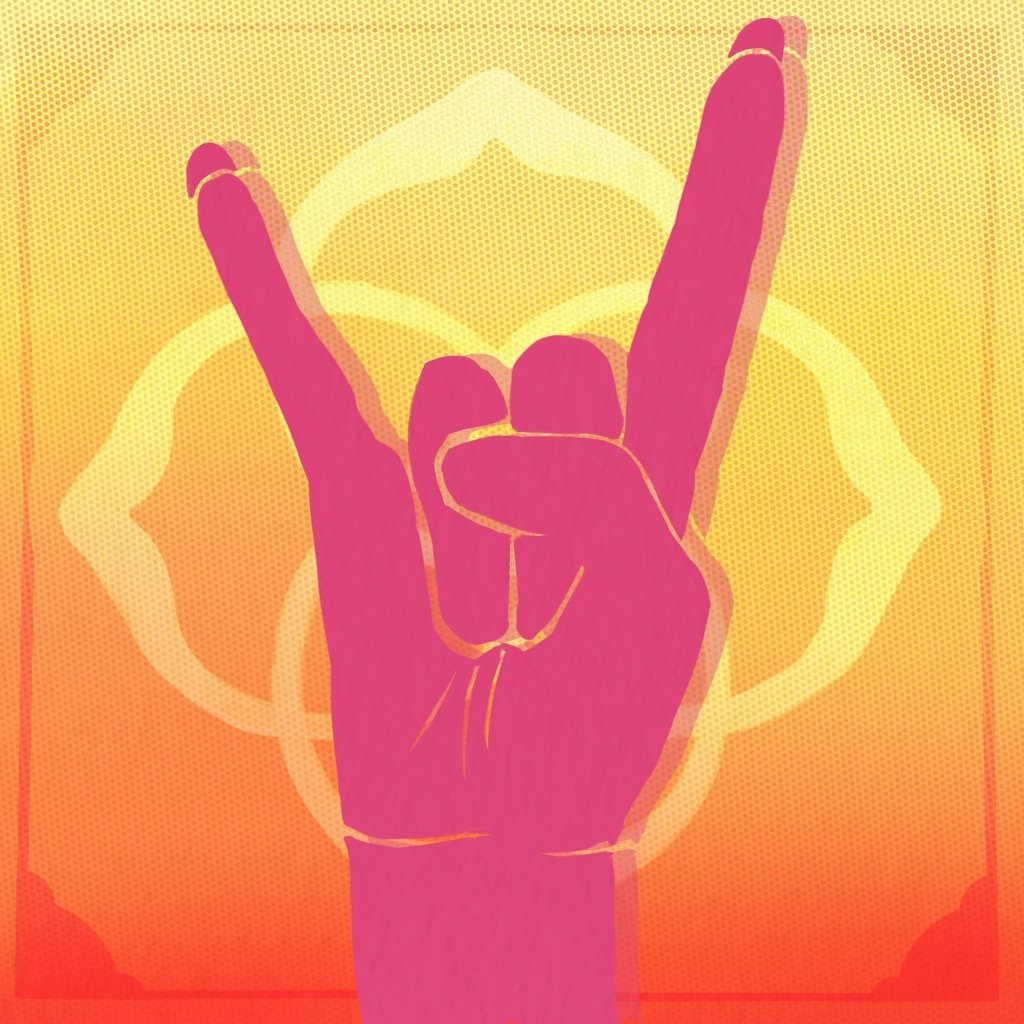She was in the middle of the frat party talking to him when he asked if she wanted to go get drinks. The bar was behind them, but before she got up, she blacked out.
The rest of UT sophomore Cheyenne's night at her old school in Washington played out in muddled bits and pieces. She remembers the unfamiliar boy guiding her through a strange hallway, them sitting on a bed, him leaning in to kiss her and then her laying there as he raped her.
“I didn’t understand what was happening and I couldn’t stop it,” Cheyenne said. “I had had sex drunk before, but I always knew I consented. I knew it was what I wanted. That time, I wasn’t able to move. I couldn’t control myself.”
The next day, she went to her sorority’s president and reported the rape. Though his fraternity said they were taking the incident seriously and that he had been suspended, her friends let her know he was still actively attending functions.
The fear that what happened to her would could happen to another girl prompted her to report him. After they both provided witnesses and he was found guilty, he chose to contest the verdict.
When she found out her case was going to court, she made the decision to transfer to UT.
“I just didn’t feel safe on campus anymore,” Cheyenne said. “I would see him a couple of times on campus, and I started having panic attacks.”
She wanted to forget it. She wanted to put it behind her. But with the trial just days ahead of her, she couldn’t. She hadn’t been planning on testifying, but when he asked one of her friends to testify against her, she felt like she had no other choice.
“He got my friend as a witness for him,” Cheyenne said. “Nothing has hurt worse than that. She was saying that it wasn’t unusual for me to get drunk and basically saying that I deserved it.”
Cheyenne won’t know the results of the trial for another couple of months. Though she’s glad it’s behind her, she said she wants more people to take sexual assault seriously.
“I don’t think the guy who did it ever understood how awful it made me feel,” Cheyenne said. “It needs to stop being normalized in the media and we need to talk about how wrong it is.”





















